What’s The Deal With Laser For Black And Brown Skin?
Getting the answers to the most burning questions.
Let’s face it, the beauty industry hasn’t always been as inclusive or as diverse as it could have been. However, with a shift in attitudes and industry shake-ups, we are starting to see some lasting change. One area of said change? Laser treatments and technology. Traditionally too harsh for skin of colour, laser treatments have historically been too aggressive to use when treating and rejuvenating the skin.
But with advancements in technology, all skin tones can consider the transformative effects of lasers. Laser hair removal, laser, and light facials–all can be entertained in the name of skin rejuvenation. Need to know where to start? Consider this your expert guide to laser treatments on black and brown skin.
Shed Some Light
The beauty community has been very two-sided regarding laser treatments for black and brown skin. An error at the foot of poor inclusive marketing and lack of education has meant that many have felt fearful, if not, avoided laser at all costs. Board-certified Plastic and Reconstructive Surgeon Dr Steven Williams explains, “It’s a prevalent question and there is so much confusion about the answer because it depends.” He shares that lasers work by emitting energy that is absorbed by pigments. That means some lasers can be safe for darker skin types and other lasers generally aren’t. Supporting this understanding is Cosmetic Doctor & Skin Expert Dr Ana Mansouri. She says, “It is imperative to consider that the darker the skin type, the higher the risk of complications such as burns and post-inflammatory hyperpigmentation. Therefore, choosing the appropriate treatment modality according to skin type and tone is crucial to minimising the risk of complications that could potentially lead to permanent damage and scarring.”
The Different Types Of Lasers
Laser treatments are increasingly popular and therefore it’s essential to know what technology is out there and suitable for each skin type. According to our experts, there are two primary laser types: ablative and non-ablative. Ablative laser is considered more invasive and removes the top layer of the skin to help treat ageing concerns, scarring and discolouration. At the same time, a non-ablative laser works by heating the underlying skin tissue to produce new collagen, all without causing damage to the skin’s surface. This type of laser is used to treat ageing concerns and pigmentation.
“The lasers that are designed to work with darker skin types will overwhelmingly fall under the non-ablative category,” shares Los Angeles based, Licensed Aesthetician and Melanin Expert Bianca Edwards. “When lasers were first introduced on the market, there were many adverse reactions in darker skin tones and this is because the lasers at that time were designed to treat lighter Fitzpatrick types 1-3.” Considering that darker skin tones are categorised under a Fitzpatrick type 4 meant that burns resulted in scarring and exacerbated hyperpigmentation.
So we’re on the same wavelength, Dr Williams outlines:
- Lasers that are generally safe for darker coloured skin include a 1440 nm wavelength laser designed to treat pigments and reduce pore size and complexion.
- Generally, for vascular lesions or pigmentation, a wavelength of 1064 is safe for most pigment types. Many platforms use this wavelength.
- For more ablative types of treatments where the target is acne scarring or fine wrinkles, the most appropriate laser wavelength is 2940, which corresponds to erbium lasers (this wavelength has seen greater use in aesthetic treatments than the original platform, which used a wavelength of 10,600.)
The critical difference for skin of colour is that the diode laser energy needs to give the skin the time to cool down, which means that laser energy needs to be delivered at a slower and more manageable pulse. Therefore, brown or black skin should avoid ablative lasers, mainly CO2 and Fraxel.
Laser Technology For Black And Brown Skin
Laser treatments can be a productive and long-lasting solution for many face and body concerns. Edwards shares, “Lasers like the ND:Yag are great for laser hair removal because they penetrate the dermal layers of the skin. This differentiation allows all skin colours to receive laser treatments with the same expectations for a successful outcome while mitigating risks.” Similarly, for facial refreshing and to target hyperpigmentation, fine lines, wrinkles, and stretch marks, longer wavelength lasers like Clear and Brilliant provide great results without the normally associated downtime. Due to the wavelength and pulse duration, Dr Ana recommends laser devices with cooling systems such as the soprano ice platinum to help keep skin cool while the treatment takes place.
Treating Hyperpigmentation
One of the primary concerns for skin of colour is hyperpigmentation and, as an efficacious treatment, a laser can be rather beneficial. “Medical lasers for rejuvenation are commonly used for sun-damaged skin. We can improve texture, tighten the appearance of pores, and soften lines and wrinkles while stimulating collagen to achieve a skin-tightening effect over three to four months,” Dr Ana outlines. By resurfacing the skin, the laser can help reveal new layers that can improve areas of hyperpigmentation over time.
Assess The Risk
Like with any medical or skincare treatment, there are risks involved. With darker skin tones, you want to reduce side effects associated with lasers, such as hyperpigmentation, dark spots, or hypopigmentation (skin lightening). Before any treatment, Dr Williams strongly advises you to ask what type of doctor will be doing the supervision. Plastic surgeons and dermatologists are typically more trusted because the core of our training relates to skin differences.
The Takeaways
Understanding and protecting the health of your skin matters (both inside and out), so ensure you do your due diligence before any laser treatment. Bianca Edwards outlines some questions you should ask your practitioner before considering any laser treatments.
- What has been your experience treating clients with my similar complexion or Fitzpatrick? How have those results held up long term? Laser treatments are costly and come with risks, so it’s essential to determine if the cost is worth it depending on how much maintenance is required.
- Can you provide images of clients you have treated, or clients treated in this office/location? This is important because one of the bonuses of introducing/marketing lasers to new and future clients is the ability to regurgitate case studies/images that the manufacturer provides. Clinics often use this information to entice new prospects without achieving real success on the device.
- Are there any alternatives that can provide the same results without downtime or possible risks, even if it takes longer? While we all prefer a quick fix to our cosmetic concerns, it may be better to consider alternatives to mitigate risks.
What’s The Deal With Laser For Black And Brown Skin?
Getting the answers to the most burning questions.
Let’s face it, the beauty industry hasn’t always been as inclusive or as diverse as it could have been. However, with a shift in attitudes and industry shake-ups, we are starting to see some lasting change. One area of said change? Laser treatments and technology. Traditionally too harsh for skin of colour, laser treatments have historically been too aggressive to use when treating and rejuvenating the skin.
But with advancements in technology, all skin tones can consider the transformative effects of lasers. Laser hair removal, laser, and light facials–all can be entertained in the name of skin rejuvenation. Need to know where to start? Consider this your expert guide to laser treatments on black and brown skin.
Shed Some Light
The beauty community has been very two-sided regarding laser treatments for black and brown skin. An error at the foot of poor inclusive marketing and lack of education has meant that many have felt fearful, if not, avoided laser at all costs. Board-certified Plastic and Reconstructive Surgeon Dr Steven Williams explains, “It’s a prevalent question and there is so much confusion about the answer because it depends.” He shares that lasers work by emitting energy that is absorbed by pigments. That means some lasers can be safe for darker skin types and other lasers generally aren’t. Supporting this understanding is Cosmetic Doctor & Skin Expert Dr Ana Mansouri. She says, “It is imperative to consider that the darker the skin type, the higher the risk of complications such as burns and post-inflammatory hyperpigmentation. Therefore, choosing the appropriate treatment modality according to skin type and tone is crucial to minimising the risk of complications that could potentially lead to permanent damage and scarring.”
The Different Types Of Lasers
Laser treatments are increasingly popular and therefore it’s essential to know what technology is out there and suitable for each skin type. According to our experts, there are two primary laser types: ablative and non-ablative. Ablative laser is considered more invasive and removes the top layer of the skin to help treat ageing concerns, scarring and discolouration. At the same time, a non-ablative laser works by heating the underlying skin tissue to produce new collagen, all without causing damage to the skin’s surface. This type of laser is used to treat ageing concerns and pigmentation.
“The lasers that are designed to work with darker skin types will overwhelmingly fall under the non-ablative category,” shares Los Angeles based, Licensed Aesthetician and Melanin Expert Bianca Edwards. “When lasers were first introduced on the market, there were many adverse reactions in darker skin tones and this is because the lasers at that time were designed to treat lighter Fitzpatrick types 1-3.” Considering that darker skin tones are categorised under a Fitzpatrick type 4 meant that burns resulted in scarring and exacerbated hyperpigmentation.
So we’re on the same wavelength, Dr Williams outlines:
- Lasers that are generally safe for darker coloured skin include a 1440 nm wavelength laser designed to treat pigments and reduce pore size and complexion.
- Generally, for vascular lesions or pigmentation, a wavelength of 1064 is safe for most pigment types. Many platforms use this wavelength.
- For more ablative types of treatments where the target is acne scarring or fine wrinkles, the most appropriate laser wavelength is 2940, which corresponds to erbium lasers (this wavelength has seen greater use in aesthetic treatments than the original platform, which used a wavelength of 10,600.)
The critical difference for skin of colour is that the diode laser energy needs to give the skin the time to cool down, which means that laser energy needs to be delivered at a slower and more manageable pulse. Therefore, brown or black skin should avoid ablative lasers, mainly CO2 and Fraxel.
Laser Technology For Black And Brown Skin
Laser treatments can be a productive and long-lasting solution for many face and body concerns. Edwards shares, “Lasers like the ND:Yag are great for laser hair removal because they penetrate the dermal layers of the skin. This differentiation allows all skin colours to receive laser treatments with the same expectations for a successful outcome while mitigating risks.” Similarly, for facial refreshing and to target hyperpigmentation, fine lines, wrinkles, and stretch marks, longer wavelength lasers like Clear and Brilliant provide great results without the normally associated downtime. Due to the wavelength and pulse duration, Dr Ana recommends laser devices with cooling systems such as the soprano ice platinum to help keep skin cool while the treatment takes place.
Treating Hyperpigmentation
One of the primary concerns for skin of colour is hyperpigmentation and, as an efficacious treatment, a laser can be rather beneficial. “Medical lasers for rejuvenation are commonly used for sun-damaged skin. We can improve texture, tighten the appearance of pores, and soften lines and wrinkles while stimulating collagen to achieve a skin-tightening effect over three to four months,” Dr Ana outlines. By resurfacing the skin, the laser can help reveal new layers that can improve areas of hyperpigmentation over time.
Assess The Risk
Like with any medical or skincare treatment, there are risks involved. With darker skin tones, you want to reduce side effects associated with lasers, such as hyperpigmentation, dark spots, or hypopigmentation (skin lightening). Before any treatment, Dr Williams strongly advises you to ask what type of doctor will be doing the supervision. Plastic surgeons and dermatologists are typically more trusted because the core of our training relates to skin differences.
The Takeaways
Understanding and protecting the health of your skin matters (both inside and out), so ensure you do your due diligence before any laser treatment. Bianca Edwards outlines some questions you should ask your practitioner before considering any laser treatments.
- What has been your experience treating clients with my similar complexion or Fitzpatrick? How have those results held up long term? Laser treatments are costly and come with risks, so it’s essential to determine if the cost is worth it depending on how much maintenance is required.
- Can you provide images of clients you have treated, or clients treated in this office/location? This is important because one of the bonuses of introducing/marketing lasers to new and future clients is the ability to regurgitate case studies/images that the manufacturer provides. Clinics often use this information to entice new prospects without achieving real success on the device.
- Are there any alternatives that can provide the same results without downtime or possible risks, even if it takes longer? While we all prefer a quick fix to our cosmetic concerns, it may be better to consider alternatives to mitigate risks.


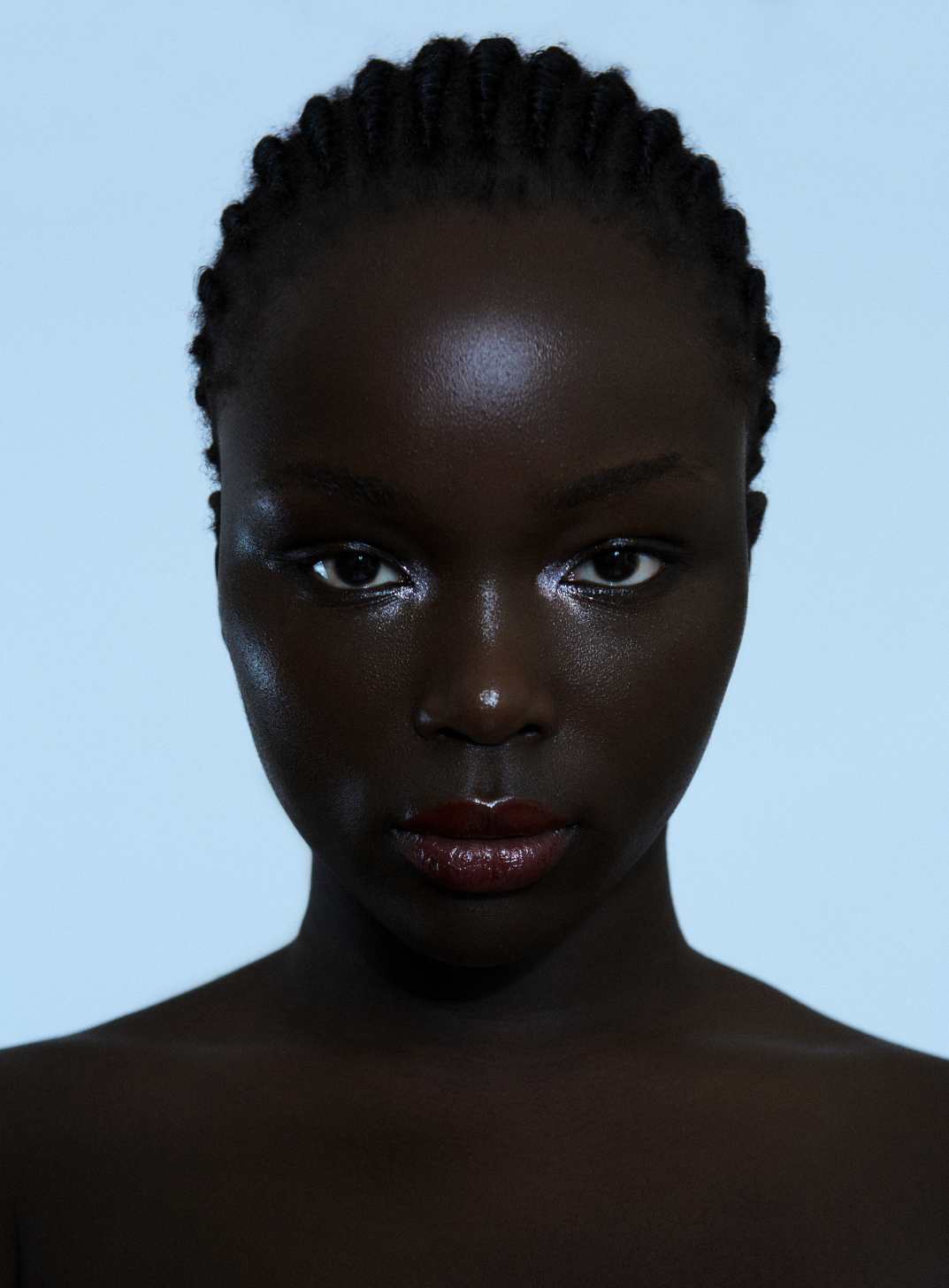
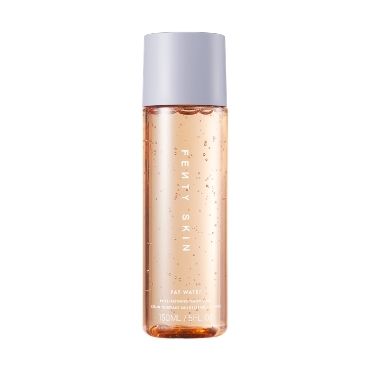
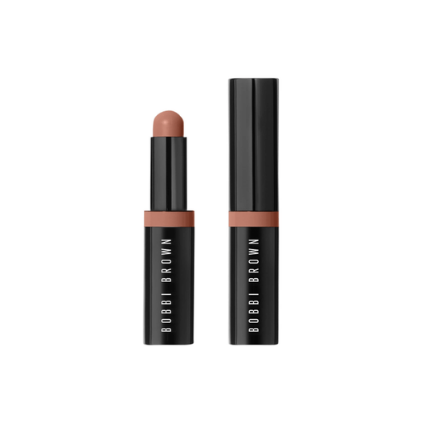
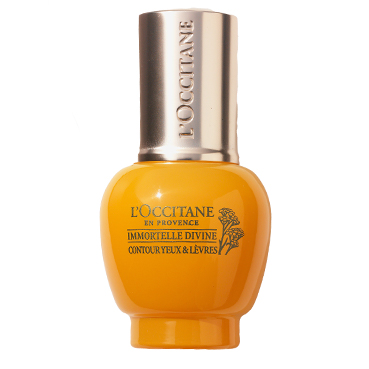
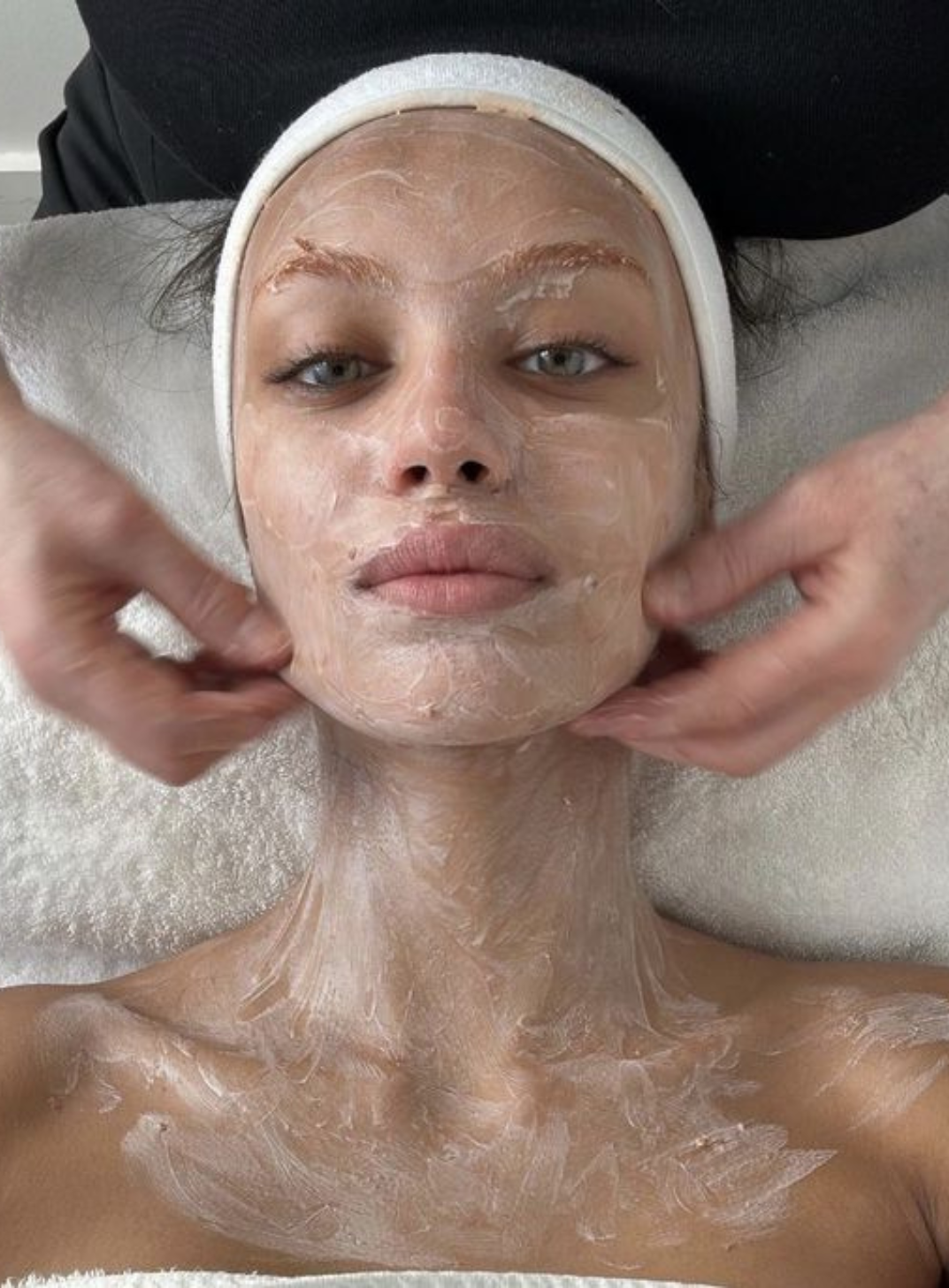



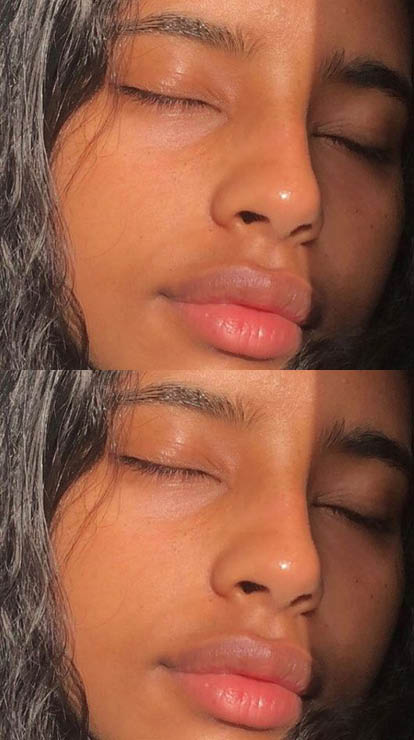


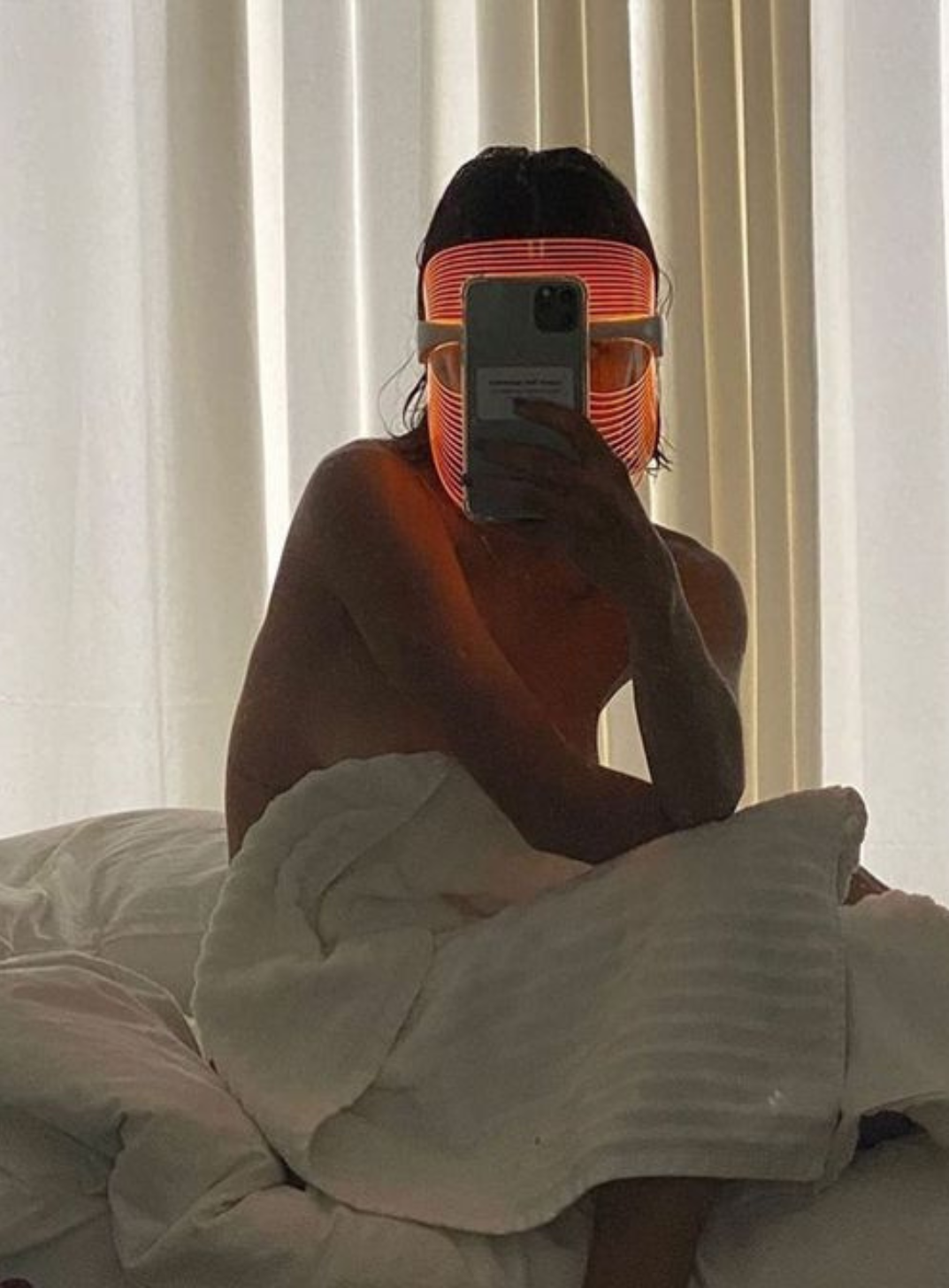
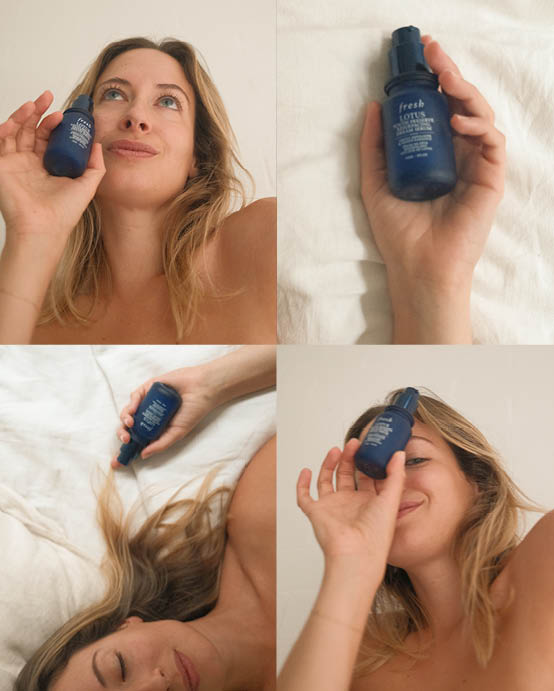
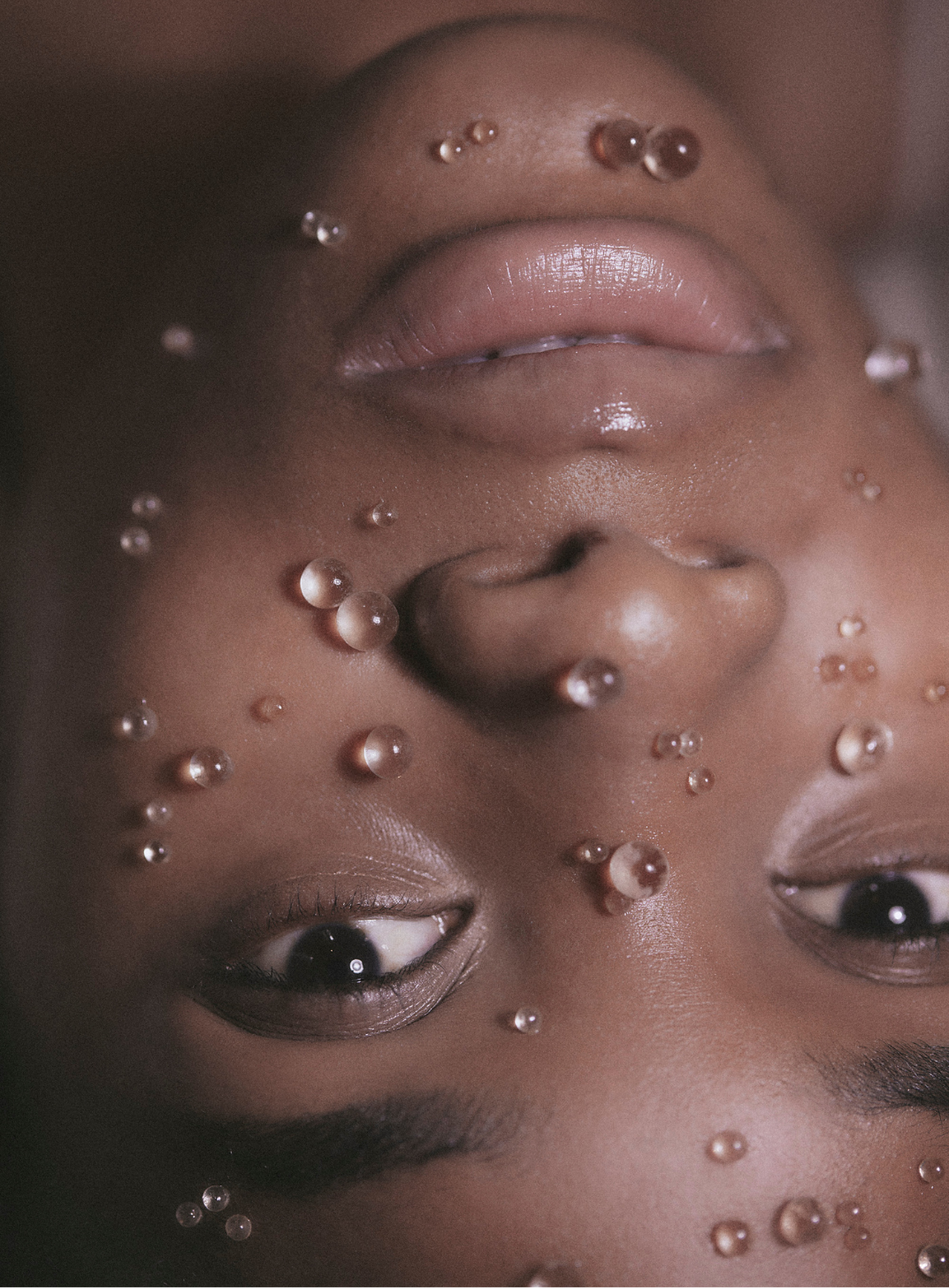
Comments